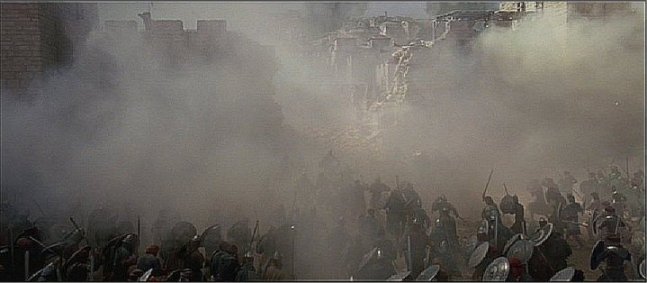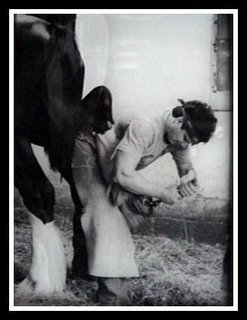Future of the Republicans and Democrats
There is an emerging direction for the two party system in the US. The Democratic Party is in full implosion mode. It has been since George Bush 39 was elected in 1988. The party would have imploded sooner had he beaten Bill Clinton in 1992. The most obvious evidence for this is the large number of former Democrats who now call themselves Republicans. The more recent example is Mayor Bloomburg of New York City. Bloomburg chose to run as a Republican because he could not win as a Democrat.
The election of Bill Clinton in 1992 brought new life to the Democrats while at the same time laid the foundation for their eventual irrelevance. Capturing the White House is a good thing for a party, if they can translate that into gains in the Congress and state and local offices. This they were unable to do. Bill Clinton's reelection was more a function of the weakness of the Republican candidate more than a reflection on the success of Clinton's first term. This was evidenced by the steady increase in Republican office holders nationwide. The most unfortunate result of the Clinton years for the party was the wholesale replacement of party officers with Clintonites. The combination of a continuing slide to the extreme left coupled with the institution of the Clinton personality cult has doomed the party to future insignificance.
This situation has many similarities to the demise of the Wigs at the election of Abraham Lincoln. The Wigs were descending to irrelevance because of their unwillingness to deal decisively with the issues of the day. The emergence of the Republican party culminated with the failure of the Buchcanan administration and election of Lincoln. The most likely scenario for today is for the Democrats to fade away, the Republicans to become the liberal party in the old 1950's style of the Democratic Party and the emergence of a conservative party.
The Republican Party has accepted so many former Democrats over the years that it is suffering an identity crisis. The tension between the social liberals and social conservatives cannot be rectified. With the loss of the Democrats as a national party the tension will reach a breaking point as each side struggles to gain control of the only power base left. The conservatives are more likely to leave than the liberals and moderates since their party loyalty is ideological rather that political.
See Commonwealth Conservative for more local discusion
See Basil's Blog for more tasty treats.
See the Virginia Carnival at I'mNotEmeril
The election of Bill Clinton in 1992 brought new life to the Democrats while at the same time laid the foundation for their eventual irrelevance. Capturing the White House is a good thing for a party, if they can translate that into gains in the Congress and state and local offices. This they were unable to do. Bill Clinton's reelection was more a function of the weakness of the Republican candidate more than a reflection on the success of Clinton's first term. This was evidenced by the steady increase in Republican office holders nationwide. The most unfortunate result of the Clinton years for the party was the wholesale replacement of party officers with Clintonites. The combination of a continuing slide to the extreme left coupled with the institution of the Clinton personality cult has doomed the party to future insignificance.
This situation has many similarities to the demise of the Wigs at the election of Abraham Lincoln. The Wigs were descending to irrelevance because of their unwillingness to deal decisively with the issues of the day. The emergence of the Republican party culminated with the failure of the Buchcanan administration and election of Lincoln. The most likely scenario for today is for the Democrats to fade away, the Republicans to become the liberal party in the old 1950's style of the Democratic Party and the emergence of a conservative party.
The Republican Party has accepted so many former Democrats over the years that it is suffering an identity crisis. The tension between the social liberals and social conservatives cannot be rectified. With the loss of the Democrats as a national party the tension will reach a breaking point as each side struggles to gain control of the only power base left. The conservatives are more likely to leave than the liberals and moderates since their party loyalty is ideological rather that political.
See Commonwealth Conservative for more local discusion
See Basil's Blog for more tasty treats.
See the Virginia Carnival at I'mNotEmeril








 BlogHop.com
BlogHop.com







0 Comments:
|Post a Comment
<< Home